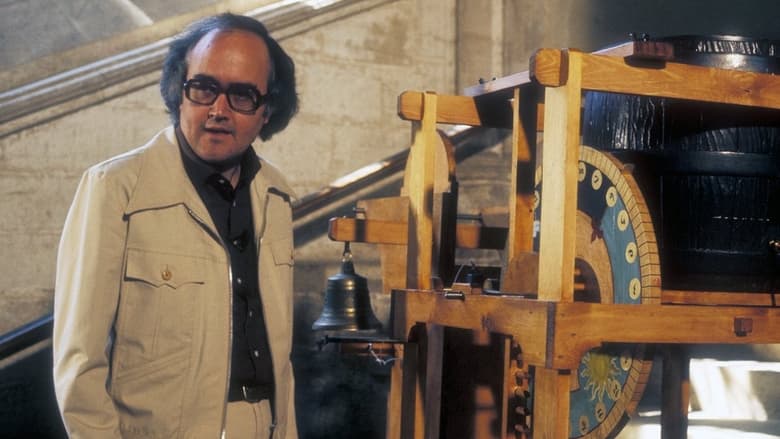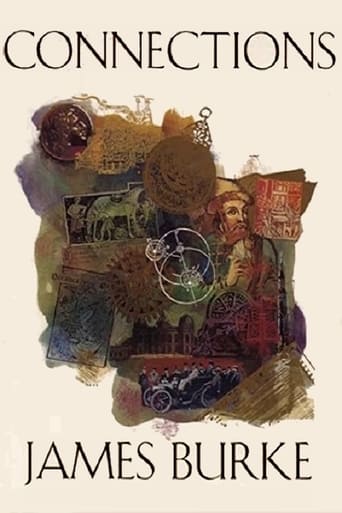
Trailer
Synopsis
Documentary series about the effect of advances in science and technology on western society in its philosophical aspects.
Episode 10 : Worlds Without End: Changing Knowledge, Changing Reality
May. 21,1985
Observes that over the centuries Western civilization has regularly shifted its conception of the nature of truth. The series closes with host James Burke's remarkably prescient assessment of the role in which modern computer networks are beginning to now play in shaping man's current conception of his reality as well as how they may well define the fundamental nature of all future human interaction. And while his message is ultimately a positive one, it is tempered with the warning that while the promise of the computer may indeed provide a framework for a future anarchism where human freedom is nourished and where every individual conception of reality is a valid one, it could conversely become of tool of totalitarian repression and conformity.
Episode 9 : Making Waves: The New Physics: Newton Revised
May. 14,1985
Points out that studies of the properties of magnetism, electricity, and light have led scientists to the realization that Newtonian physics is inadequate to explain all that they observe. The public, meanwhile, has continued to concentrate on the technological by-products of science.
Episode 8 : Fit to Rule: Darwin's Revolution
May. 07,1985
Tracks the expectation of change, fundamental to contemporary society, through the developing sciences of botany, geology, and biology to Darwin’s theory of evolution. Darwin’s theory, in turn, has been used as a justification for Nazism, communism, and cut-throat capitalism.
Episode 7 : What the Doctor Ordered: Impacts of New Medical Knowledge
April. 30,1985
Traces modern society’s recognition of the value of statistics to medical advances stemming from responses to the French Revolution and an English cholera epidemic. Identifies the origins of medicine as a science with the discovery of anesthesia, antiseptics, and bacteriology.
Episode 6 : Credit Where It's Due: The Factory and Marketplace Revolution
April. 23,1985
Locates the origins of contemporary consumerism in the English industrial Revolution, powered by religious dissenters barred from all activities except trade. The invention of the steam engine, new forms of credit, surplus wealth, and opening markets laid the foundation for industrial society.
Episode 5 : Infinitely Reasonable: Science Revises the Heavens
April. 16,1985
Notes that investigators such as Copernicus, Kepler, Galileo, and Newton evolved better explanations of natural phenomena than those of Aristotle. Highlights the theories that led to a new conception of how the universe works and of man’s place in it.
Episode 4 : A Matter of Fact: Printing Transforms Knowledge
April. 09,1985
Observes that the invention of printing and the advent of cheap paper forever transformed the nature of knowledge from the local and traditional to the systematic and testable. Nationalism, public relations, and propaganda are among the results.
Episode 3 : Point of View: Scientific Imagination in the Renaissance
April. 02,1985
Shows that Western Europe’s rediscovery of perspective through the study of Arab optics led to revolutions in art and architecture. The West’s new-found ability to control things at a distance resulted in new methods of warfare and the confidence to make long voyages of exploration.
Episode 2 : In the Light of the Above: Medieval Conflict: Faith and Reason
March. 26,1985
We don't have an overview translated in English. Help us expand our database by adding one.
Episode 1 : The Way We Are: It Started with the Greeks
March. 19,1985
Written and presented by James Burke, this 10-part series traces the development of Western thought through its major transformations since the days of ancient Greece. Program one is an overview of the series, showing how a culture’s view of the world around it determines how it sees itself, and is reflected even in the smallest details of its customs and habits.
Seasons
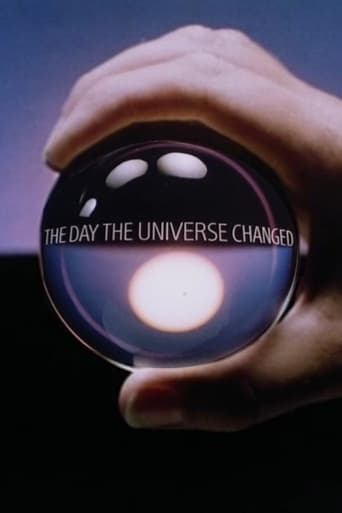
Season 5
Documentary series about the effect of advances in science and technology on western society in its philosophical aspects.
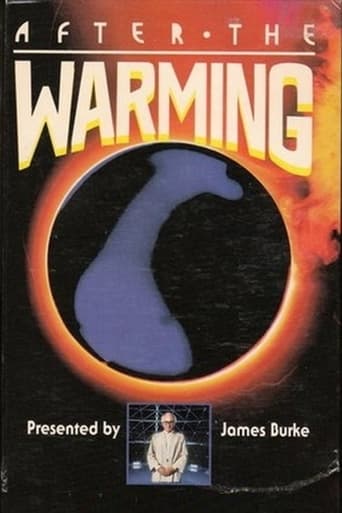
Season 4
Set in 2050, social journalist James Burke looks back at events of the world from the dawn of civilization and shows how climate change has affected human history. At the point of the Industrial Revolution, humans began to do things to the climate, rather than the other way round. When he brings us up to date (1989), that is when the predictions begin. From Kyoto to the two Gulf Wars, Burke accurately predicts many of the events that have taken place so far. His predictions have been sound, even to the tune of carbon credits and climate change agreements. Using virtual reality computer simulations, Burke traces the Earth's history of ice ages and warming trends and presents several possible scenarios caused by the greenhouse effect during the 1990s to 2050.
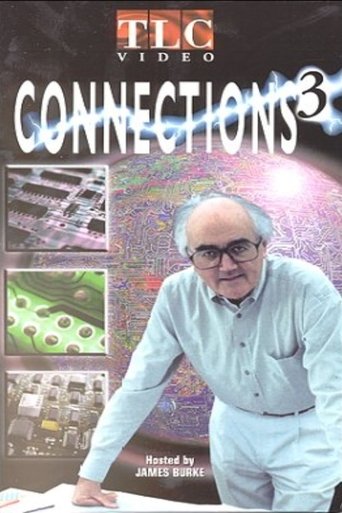
Season 3
In the conclusion to his groundbreaking series, James Burke continues to make incredible connections to history's most important discoveries and inventions.
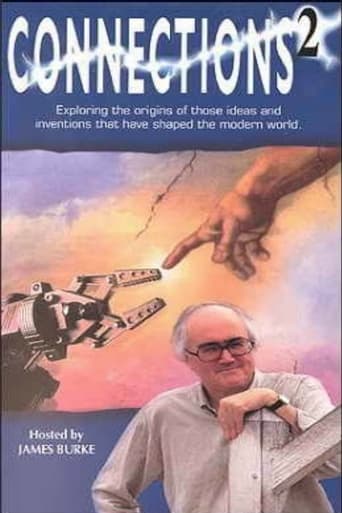
Season 2
Sequel series to the 1979 "Connections" where historian James Burke walks the viewer through the tenuous threads of history that link seemingly obscure scientific breakthroughs and the events and products that we have today.

Season 1
Taking an interdisciplinary approach to the history of science and invention, Connections explores an "Alternative View of Change" that rejects the conventional linear and teleological view of historical progress. To demonstrate this view, Burke begins each episode with a particular event or innovation in the past (usually ancient or medieval) and traces a path from that event through a series of connections to a fundamental and essential aspect of the modern world.
Top Streaming TV Show
#1

Ikaw
November. 12,2021
5.9
#2
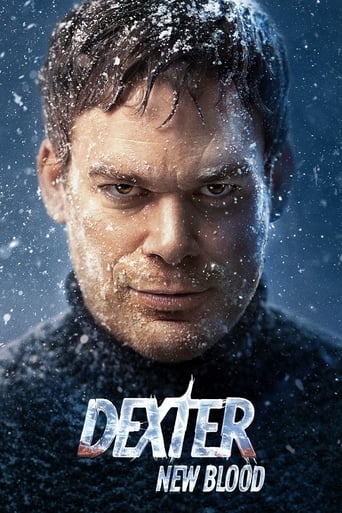
Dexter: New Blood
November. 07,2021
8
#3
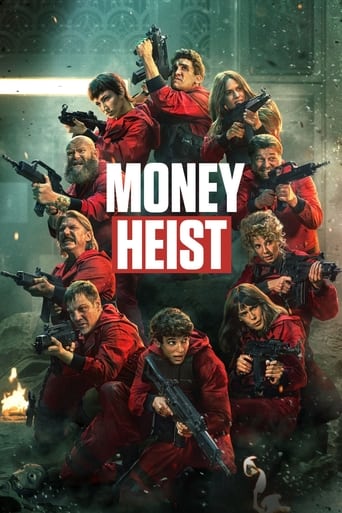
Money Heist
May. 02,2017
8.4
#4
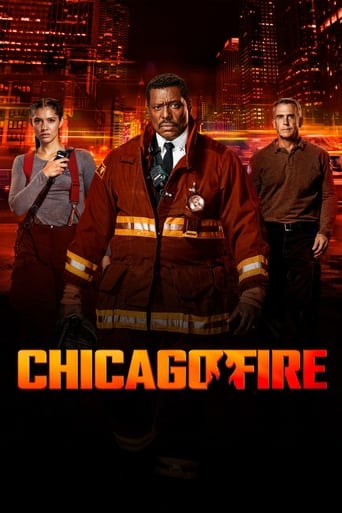
Chicago Fire
October. 10,2012
8
#5

Emily in Paris
October. 02,2020
6.8
#6
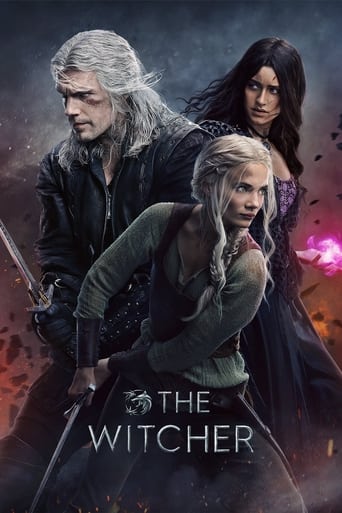
The Witcher
December. 20,2019
8
#7
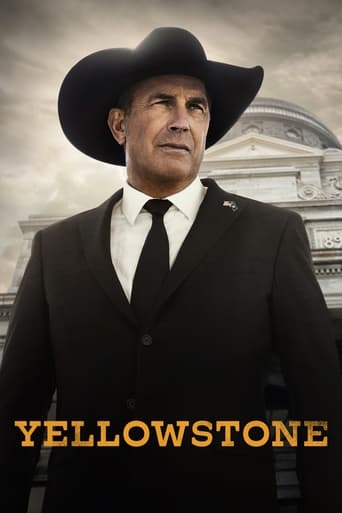
Yellowstone
June. 20,2018
8.7
#8
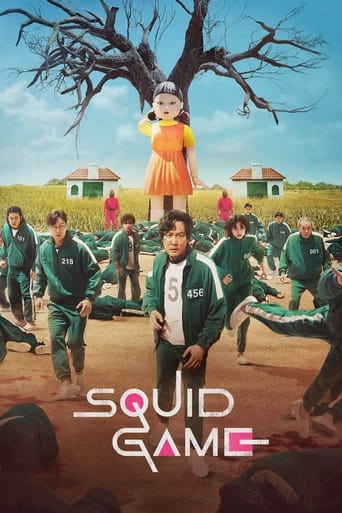
Squid Game
September. 17,2021
8
#9

The Bachelorette
September. 23,2015
5.3
#10
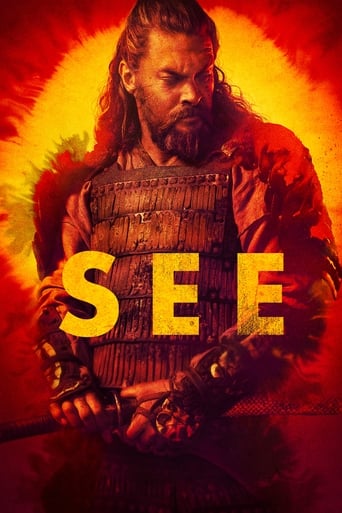
See
November. 01,2019
7.6
